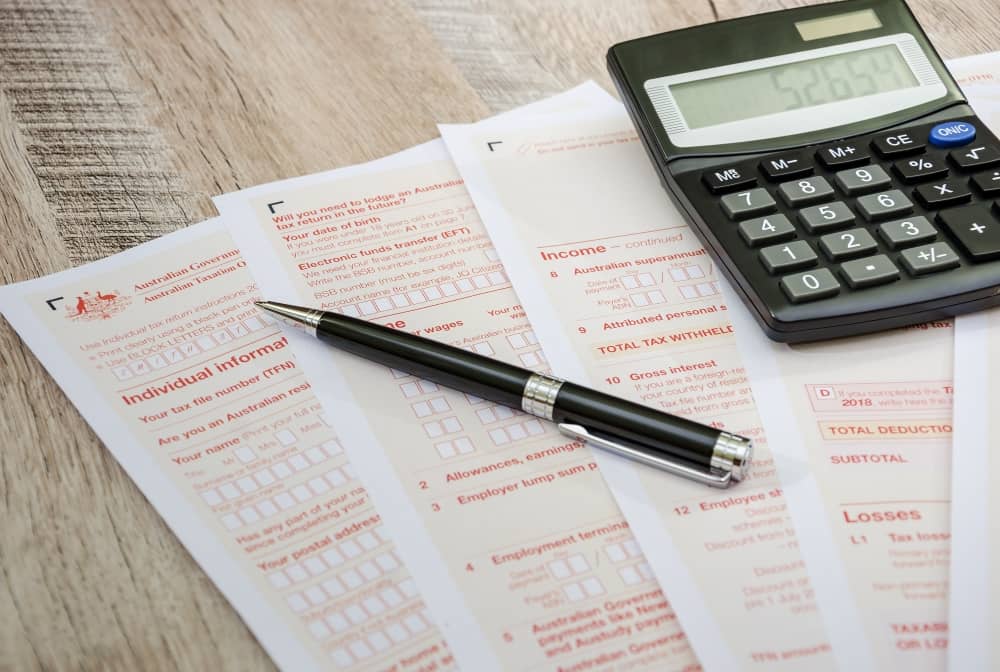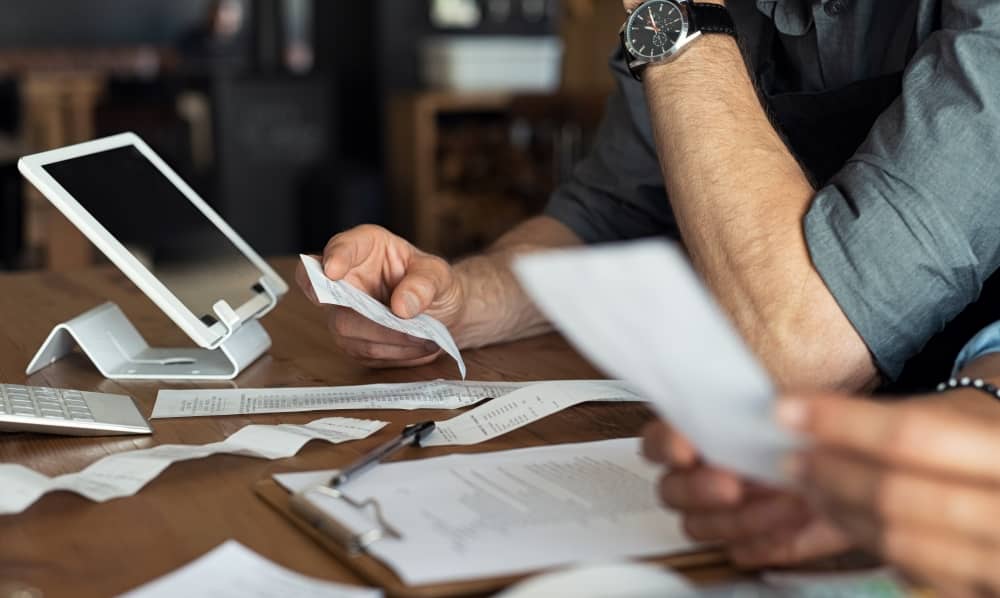The Key to Getting a Good Tax Return

For many Aussies, a good tax return is a safety net against hard times, money to repair or replace necessary items, or a relaxing holiday. While the money received as a refund from the taxman may be earmarked for different purposes, the bottom line is everyone wants as much as possible. That is why our team of tax accountants has prepared this handy blog.
This fact is not lost on the Australian Taxation Office (ATO), and they have issued a warning to those planning on stretching their deduction amounts. Their message is simple. Stick with the deductions in the taxation guide because the ATO intends to crack down on those exaggerating deduction amounts, and they have thousands of employees on the task. Claiming more than you should or things that are not deductible will lead you to significant consequences.
How Do I Get a Good Tax Refund?
While exaggerating deductions will land you in hot water with the ATO, keeping excellent records can legally get you a bigger refund than expected.
1. Make Staying Organised a Habit
All of your receipts and financial records neatly organised may sound like an unlikely daydream. However, if you make saving receipts for taxes a habit, your records and receipts are ready if you need them. Organisation is the key how to track of tax deductions. Keep your records of purchases in a logical order. Some people prefer the order newest to oldest. You will not need to search through piles of receipts and paperwork. Also, you will not lose any receipts and miss out on deductions.
Also, the information that helps you with taxes is useful for other financial transactions such as,
- Purchase a Property
- Get Financial Advice
- Refinance a Property
- Increase Your Insurance
2. Collect Records of ALL Income You Received During the Year
Some examples of income you must declare include,
- Allowances
- Dividends
- Income from letting a room
- Investments
- Managed funds
- Rent from rental properties
- Salary/wages
3. Make a List of Any Tax-Deductible Expenses
This may sound daunting, but if you have maintained good organisation, the information you need should be at your fingertips. These expenses are the key to a good tax refund, so you cannot afford to skip this step.
A Breakdown of Potential Deductions with Examples
General Expenses
- Charity Donations
- Income Protection Costs
- Private Health Cover
- Tax Agent Fees Including Tax Prep
Education Expenses
- Course Fees
- Text Books
- Professional Libraries
- Work-Related Magazines
- Related Travel Costs and Applicable Accommodations and Meals
Expense Records for Rental Properties and Other Investments
Expense Records of Disability Care, Aged Care, or Attendant Care
General Work-Related Expenses
- Professional License or Certification Fees
- Union Fees
- Gifts
- Professional Membership Fees
Home Office Expenses
- Desks, Chairs and Other Office Furnishings
- Office Equipment
- Home Office Operating Costs
- Stationery
- Postage
Newly Acquired Asset Costs
Work-Related Clothing Purchase and Maintenance
- Uniforms with a Logo
- Protective Clothing
- Laundry Cost of Uniform or Protective Clothing
Work-Related Equipment Purchase or Lease
- Computers and Laptops
- Computer Consumables
- iPads, Calculators, Electronic Equipment
- Phone, Mobile, and Phone Accessories
- Software
- Safety Equipment
- Technical Equipment
- Briefcase
- Tools of Your Trade
Work-Related Travel
- Personal Car or Vehicle Expense
- Parking Fees
- Tolls
- Public Transportation Fees
- Flights, Taxis, and Other General Travel Expenses
- Accommodations and Meals if Working Overnight
How to Add Receipts to a Tax Return?
The ATO does not require you to send paper copies of receipts when you lodge your taxes. You do not have to keep paper copies of receipts if you take digital photographs of the original receipt. You can attach a digital copy if you need to send the ATO a receipt. So, while you should be saving receipts for taxes, you do not need paper copies.
How Long Do I Keep My Tax Records in Australia?
You are not alone if you wonder about tax records and how long to keep them. Generally, if you have simple taxes, two years is the minimum time to keep your tax records.
If you have taxes that are a bit complex and include any of the following, the ATO suggests you should keep your tax records for five years,
- If you have claimed a deduction for depreciation (now known as a deduction for decline in value), keep these records for five years
- If you dispose of or acquire an asset, you need to keep the documentation until five years after no capital gains tax (CGT) is required
- If you are having a dispute with the ATO or have had a dispute, keep your tax records until five years to the date of your dispute resolution
In addition to asking how long to keep tax records in Australia, some taxpayers wonder what to do with these documents for five years. An easy solution is photographing or scanning images to have an electronic copy. Then you can carefully pack the originals out of your way.
If you are struggling with your taxes and have questions or concerns about how long to keep tax records in Australia, saving receipts for taxes, or other tax-related information, feel free to contact us at M2 Corporate. Our team has decades of experience in taxation, business advisory, and accounting. We can help you get the best possible tax refund.
**Please Note**
The material in this blog post is for informational use only. It is not legally binding tax advice and should not take the place of a consultation with a tax professional.
